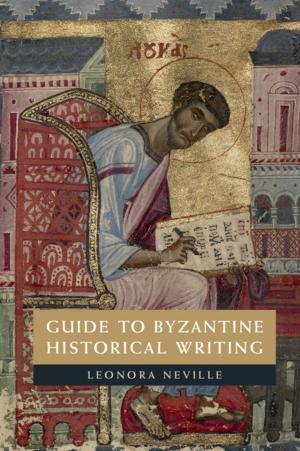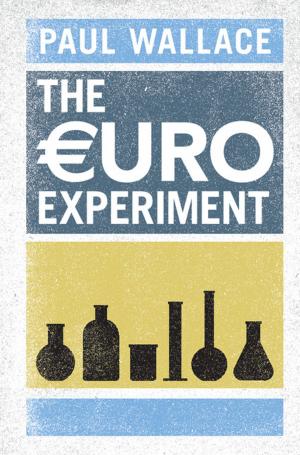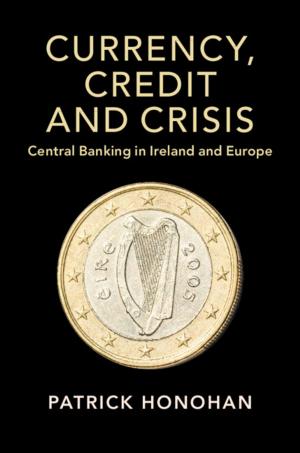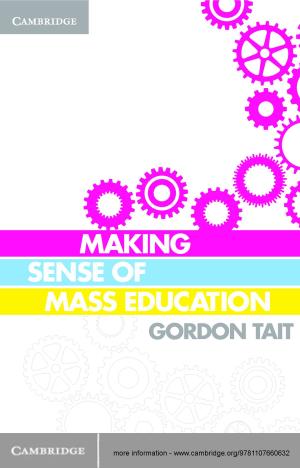Theatre and the English Public from Reformation to Revolution
Fiction & Literature, Literary Theory & Criticism, Drama History & Criticism, Nonfiction, Entertainment, Performing Arts| Author: | Katrin Beushausen | ISBN: | 9781316856734 |
| Publisher: | Cambridge University Press | Publication: | March 31, 2018 |
| Imprint: | Cambridge University Press | Language: | English |
| Author: | Katrin Beushausen |
| ISBN: | 9781316856734 |
| Publisher: | Cambridge University Press |
| Publication: | March 31, 2018 |
| Imprint: | Cambridge University Press |
| Language: | English |
This book presents new and overarching perspectives on the relationship between theatre and public from the Henrican Reformation through the interregnum to the Restoration, combining vivid case studies with discussion of theatre's continued importance in shaping the early modern public. Considered from the vantage point of theatre, the early modern public becomes visible as an unruly agent of political change, a force that authorities both feared and appealed to, and one that proved ultimately beyond control. It was through theatrical strategies that rulers and their opposition addressed the early modern public, and in turn it was theatre's public potential that shaped the development of the stage during the revolutionary years of the seventeenth century. In this volume, Katrin Beushausen examines sources including irreverent satirical pamphlets, regal spectacles, anti-theatrical polemic and visions of state theatres, casting new light on the development of the early modern public and theatre.
This book presents new and overarching perspectives on the relationship between theatre and public from the Henrican Reformation through the interregnum to the Restoration, combining vivid case studies with discussion of theatre's continued importance in shaping the early modern public. Considered from the vantage point of theatre, the early modern public becomes visible as an unruly agent of political change, a force that authorities both feared and appealed to, and one that proved ultimately beyond control. It was through theatrical strategies that rulers and their opposition addressed the early modern public, and in turn it was theatre's public potential that shaped the development of the stage during the revolutionary years of the seventeenth century. In this volume, Katrin Beushausen examines sources including irreverent satirical pamphlets, regal spectacles, anti-theatrical polemic and visions of state theatres, casting new light on the development of the early modern public and theatre.















